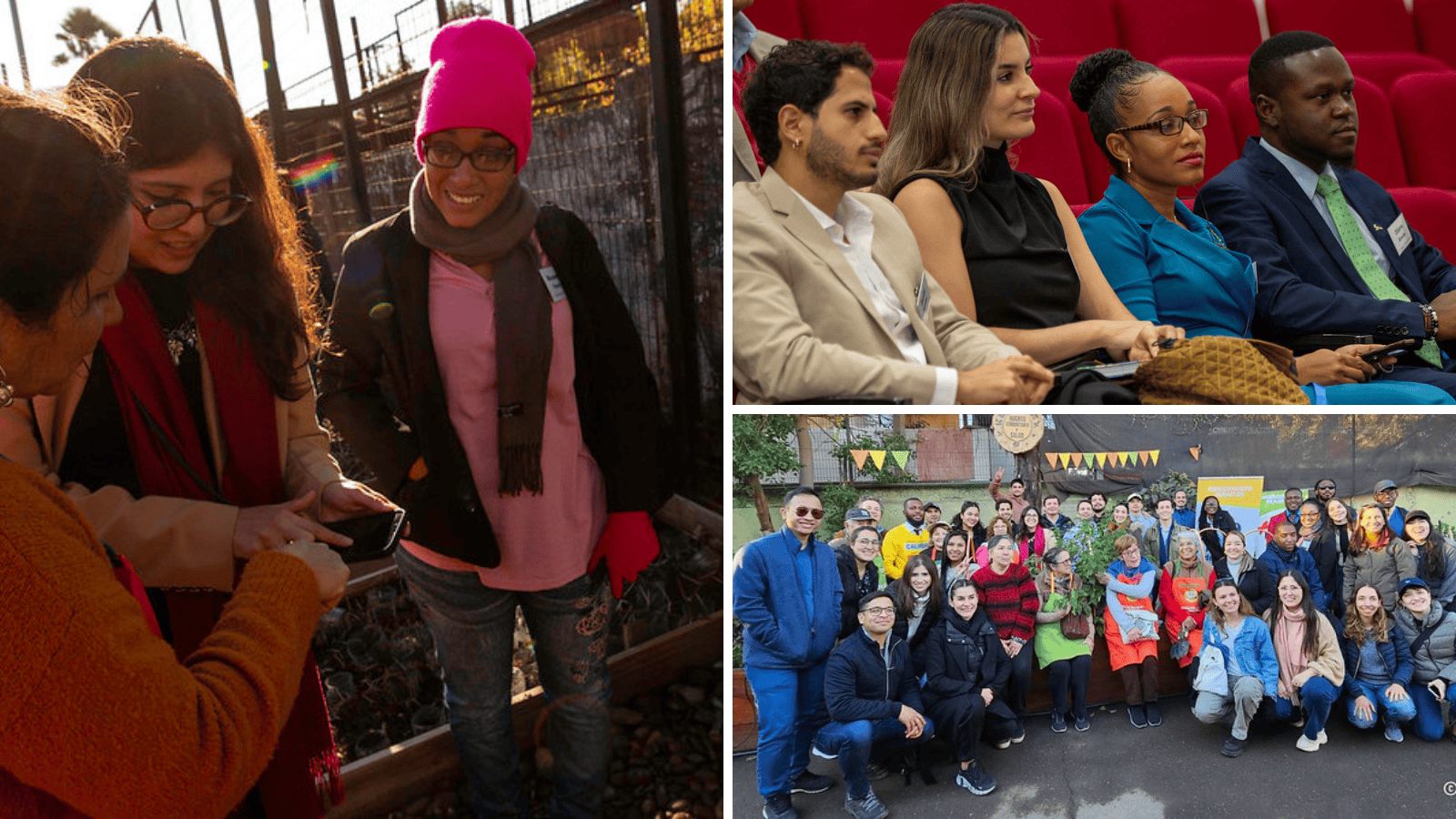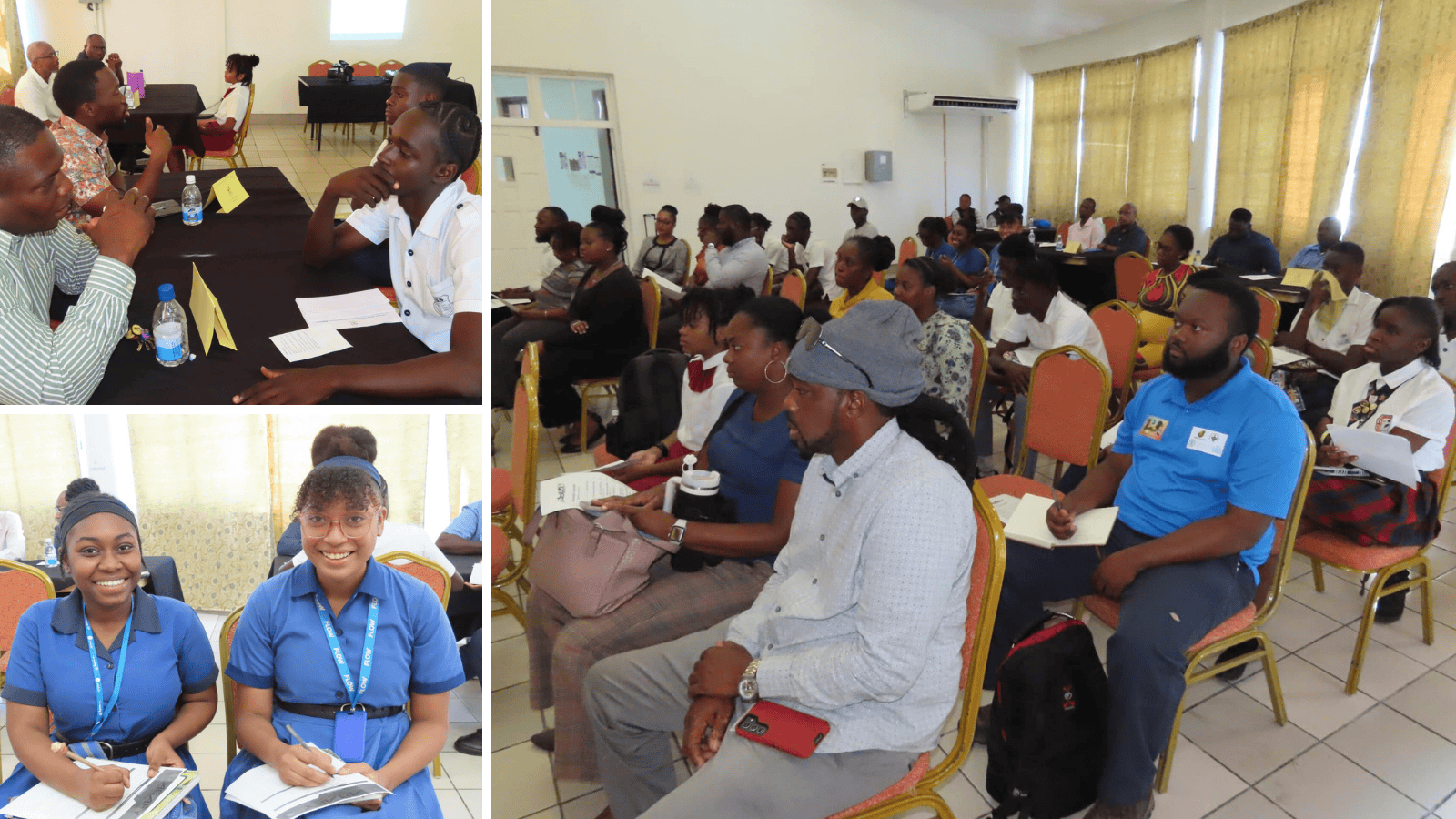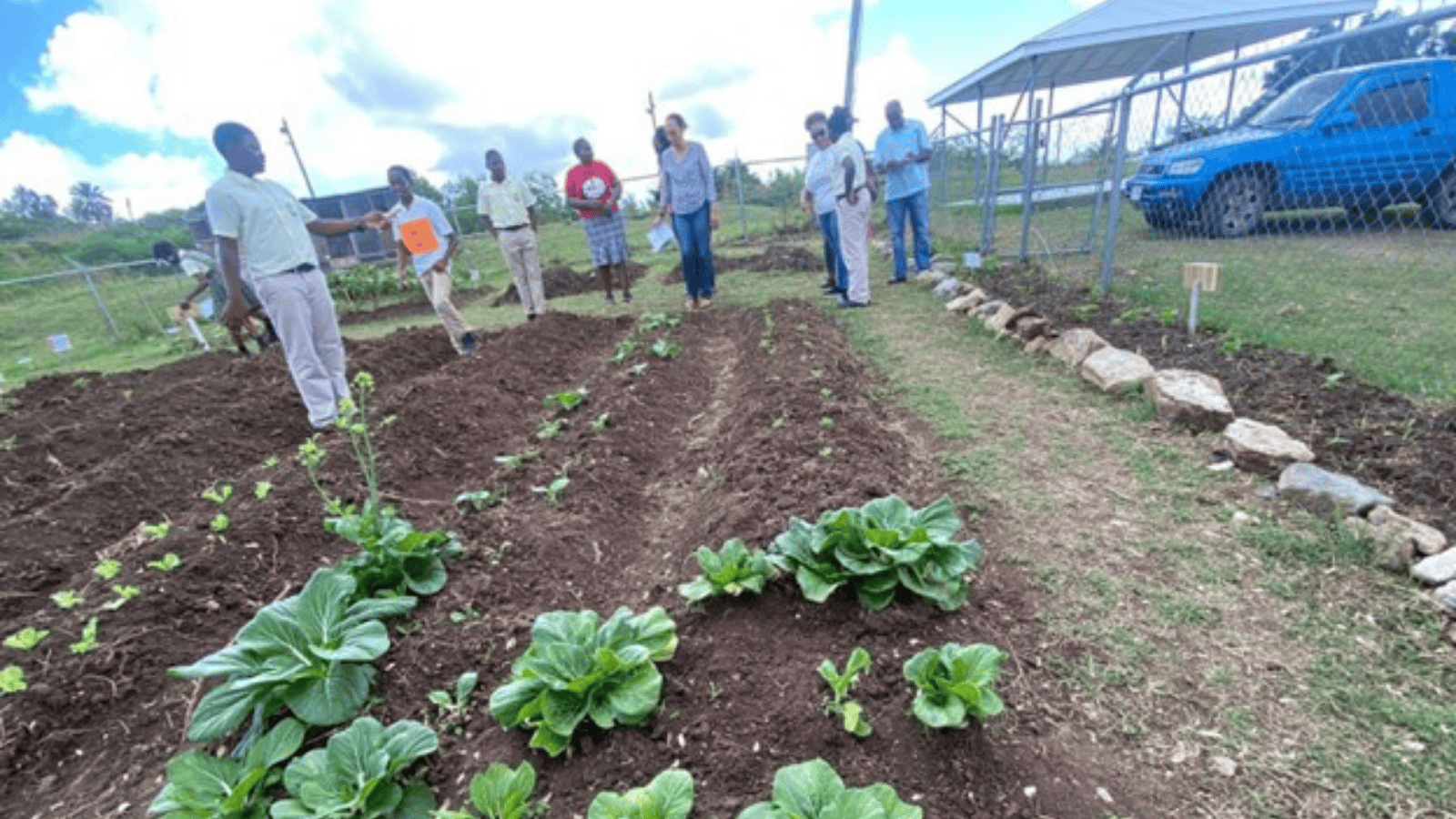SEED FUNDING JOINT PROGRAMMES
Cambodia
Transforming Cambodia’s food systems to become more sustainable, inclusive, and resilient


PROJECT TITLE | Transforming Cambodia’s food systems to become more sustainable, inclusive, and resilient |
| Context | Cambodia’s National Pathway is the outcome of an extensive consultation process, involving more than 2,000 people throughout thirty dialogues, which identifies four priority areas, namely healthy diets for all, empowerment of youth, women and vulnerable groups, resilient livelihoods and food systems, inclusive governance. Acknowledging the risks posed by climate change to hard won development gains and as a co-founder of the Alliance of Champions for Food Systems Transformation, Cambodia is prioritizing the integration of climate change and food systems transformation, building coherence across the agendas. The Council for Agricultural and Rural Development, the government agency coordinating food security and nutrition initiatives in Cambodia, is leading collaborative efforts to translate national aspirations into concrete action. |
| PUNOs | FAO, WFP, UNICEF |
| Contribution to SDGs | SDG 2 Zero Hunger |
| Contribution to other SDG transitions | Climate, biodiversity, pollution |
| Duration | August 2024 – July 2025 |
| Expected financial leverage | $3 million |
| Alignment with SG Call to Action | Policy integration; Food systems governance; Inclusive and participatory design; Private sector engagement |
| Outcomes | The Joint Programme fosters an enabling environment for food systems transformation by enhancing national capacities and policy frameworks, identifying opportunities to unlock financial streams, and strengthening advocacy efforts for food systems transformation. The JP provides crucial support to the alignment of the climate and food agendas, accelerating progress towards resilient, sustainable and inclusive food systems. |
| Partners | Council for Agricultural and Rural Development (CARD) will be the main government counterpart and will coordinate the government activities in conjunction with other key Ministries, including:
|
| Outputs |
|
Growing greatness: How Nicolette Francis is transforming agricultural education in Antigua and Barbuda

Across Antigua and Barbuda, Nicolette Francis is planting seeds – not just in the soil, but in the minds of young people. As an Education Officer for Agricultural Science in the country’s Ministry of Education, Nicolette is passionate about shaping how agriculture is taught, understood, and embraced by the next generation.
With an academic background in education, specializing in agriculture and livestock, Nicolette has spent years working to bridge the gap between theory and practice in agricultural science. “I love education. I love linking theory and practical skills,” she said. “It’s amazing to see a student learn and apply concepts outside of the classroom.”
But despite her passion, Nicolette recognized a looming challenge: agriculture was losing its relevance among young people. "Engaging young people in agriculture is essential for the future of our food systems," Nicolette said. "Their involvement is key to ensuring long-term food and nutrition security in Antigua and Barbuda."
The problem, she realized, wasn’t just about interest – it was about how agriculture was being taught. Traditional methods were failing to engage students in a world that was rapidly evolving. “John Dewey once said we cannot teach today like we taught yesterday because we will rob our students of tomorrow,” Nicolette reflected. “Education must be adaptable and responsive to change.”
A new perspective through YLP
Seeking to expand her skills and vision, Nicolette applied for the Hub’s Food Systems Youth Leadership Programme (YLP), an initiative – supported by the German Federal Ministry for Economic Cooperation and Development – aimed at equipping young leaders with the tools to transform food systems. The experience, she says, was a turning point.
During the YLP training in Chile, one particular activity stood out to Nicolette. Participants were placed in a circle and told to collectively touch a beachball as quickly as possible. At first, they focused only on speed, completing the task in one second. But then came the lesson that would stick with Nicolette. “The facilitator told us that while we had achieved our goal, we had lost eye contact with each other,” she recalled. “That was a wake-up call. I realized I need to be both goal-focused and people-focused.”
She returned home empowered with a new mindset. “I left with new skills, attitudes, and knowledge to share with my students and colleagues,” she said.

Nicolette participates in the YLP workshop for Latin America and the Caribbean, in Santiago, Chile. Photo credit: ©FAO.
Empowering youth in food systems
With renewed inspiration, Nicolette set out to bring the lessons of YLP to life. In September 2024 and January 2025, she organized Youth Empowerment Workshops for the top Agricultural Science students from each secondary school in Antigua and Barbuda. These students, in their final year of secondary school, were preparing for their Caribbean Secondary Education Certificate (CSEC) Agricultural Science exams – a key milestone before advancing to higher education or careers in agriculture.
The workshops, a collaboration between the Ministry of Education and the Ministry of Agriculture, were designed to connect students with agricultural professionals and help them see themselves as part of a larger movement.
“This was the first time that graduating Agricultural Science students had the opportunity to connect with their peers,” Nicolette said. “It was incredible to see them feel recognized for their accomplishments. Beyond preparing for their exams, they were encouraged to think bigger – to explore careers in agriculture and see how they could contribute to the future of Antigua and Barbuda.”

Panel discussion brings together agricultural science students, experts and professionals during Youth Empowerment Workshop. Photo credit: Antigua Ministry of Agriculture Fisheries and Barbuda Affairs.
Another notable sign of progress in agricultural education was the Interschool Gardening Competition, launched in 2024 with eleven participating schools. Organized by the Ministry of Education in collaboration with the Ministry of Social Transformation and the Ministry of Agriculture, the initiative aimed to raise awareness about agricultural production and highlight the efforts of schools integrating agriculture into their curriculum.
Many schools were already growing crops and introducing students to good agricultural practices, but the competition brought greater visibility and community support. Students cultivated a variety of crops—including tomatoes, sweet potatoes, lettuce, corn, and pumpkin—gaining hands-on experience in food production and sustainability.
Now in its second year, the competition has gained momentum, with twenty-four schools participating in 2025. “That growth shows a shift is happening,” Nicolette said. “There’s a growing awareness and appreciation for agricultural science.”

The 2024 Interschool Gardening Competition. Photo credit: Antigua Ministry of Agriculture Fisheries and Barbuda Affairs.
But for Nicolette, the real victories aren’t measured in numbers – they’re found in the personal moments of transformation in her students.
“As a student, people added value to my life by taking time to talk with me, encourage me, and empower me,” she said. “As a teacher, I always believed my students were full of potential. Now, in my role, I do what I do because I remember being in their place – and I believe we can build an education system that meets the changing needs of our society.”
Looking to the future
Even as she reflects on her journey, Nicolette is not done learning. “This journey is only beginning,” she said. “I have so much more to learn.”
With her dedication to growth and leadership, she is not only teaching agriculture – she is shaping a new generation of young leaders committed to building a more food- and nutrition-secure Antigua and Barbuda. “Growing greatness isn’t just about what we teach—it’s about how we inspire others to lead, innovate, and create lasting change,” she said.
